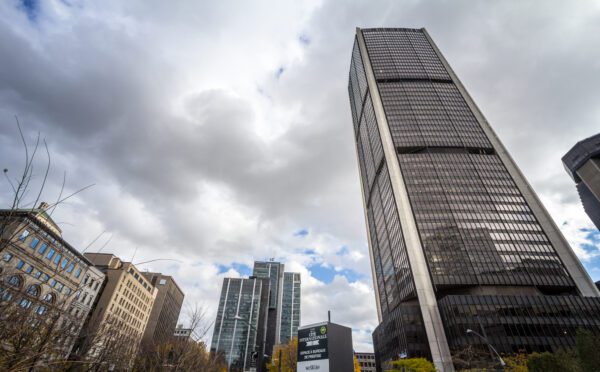Authors
Partner, Disputes, Montréal
Associate, Disputes, Montréal

Be aware – the Québec Court of Appeal recently ruled that the “Jordan clock” should be reset to zero for a retrial, which may force you to revisit your defence strategy.
On May 25, 2020, the Québec Court of Appeal rendered its judgment in R c. J.F., in which it had to notably decide which jurisprudential trend should apply in order to determine whether an accused was tried within a reasonable time where there is a retrial. In calculating delay in such instances, the Court sided with the approach that the delay in the two trials should not be assessed cumulatively and must instead start again at zero after a new trial is ordered.
Context
In 2011, the respondent was charged with various counts of sexual offences. While the decision was under deliberation, the Supreme Court of Canada rendered its famous Jordan decision in 2016. The respondent was acquitted in February 2017. Subsequently, the Québec Court of Appeal ordered a new trial in June 2018. In February 2019, the respondent presented a motion for a stay of proceedings on the grounds that his right to be tried within a reasonable time had been infringed. On February 25, 2019, the trial judge granted the motion and ordered the stay of proceedings. The Crown appealed the decision.
R c. J.F.: Summary of the Court of Appeal decision
The Court of Appeal first addressed one of the Crown’s arguments, namely that the failure of the respondent to have raised the violation of his right to be tried within a reasonable time during the first trial constituted a waiver of this right. The Court dismissed this argument and ruled that the accused was not precluded from invoking a violation of his s. 11(b) Charter rights due to delay in the first trial after a new trial is ordered. Although it is always preferable for the accused to raise a violation of his constitutional right to be tried within a reasonable time as soon as possible, the Court of Appeal underlined that in some cases, an acquittal may have been more beneficial for the accused than a stay order.
The Court then acknowledged that the calculation of delay in the context of a new trial being ordered has not been settled definitively in case law. According to the Court, there are two main jurisprudential currents: (1) approaches that treat the delay in the two trials cumulatively; and (2) approaches that do not treat the delay cumulatively and instead “reset the clock” as of the ordering of the new trial.
Although the first approach was the preferred one under Morin (the former analytical framework before Jordan), the Court of Appeal sided with the second approach, which it deemed more compatible with the principles that emerged in Jordan. Notably, the Court ruled that the presumptive ceilings established in Jordan only contemplate a first trial and that it would be “practically impossible” for two trials to be concluded within the same presumptive ceiling. The Court specified that the analysis should proceed in two steps. First, the Jordan framework should be applied to the first trial. If the delay is found to be reasonable, the Court must then apply the Jordan framework to the second trial, while resetting the clock as of the date of the ordering of the new trial.
In the case at bar, the delay during the first trial was of 62 months according to the Court of Appeal’s calculation, which exceeded the 30-month ceiling by more than double and was therefore found to be unreasonable. As such, the Court did not consider it necessary to apply the Jordan framework to the second trial. The appeal was therefore dismissed.
Comments
This decision marks yet another development in the growing jurisprudential body interpreting s. 11(b) of the Canadian Charter of Rights and Freedoms in the aftermath of the landmark Jordan decision of the Supreme Court of Canada.
If there continues to be a controversy about whether the clock should restart or not in a retrial, further clarification from the Supreme Court of Canada might be needed, as it was the case in a recent judgment in which the Supreme Court addressed how to determine whether an accused person’s right to be tried within a reasonable time was infringed in the specific context of the verdict deliberation time.

